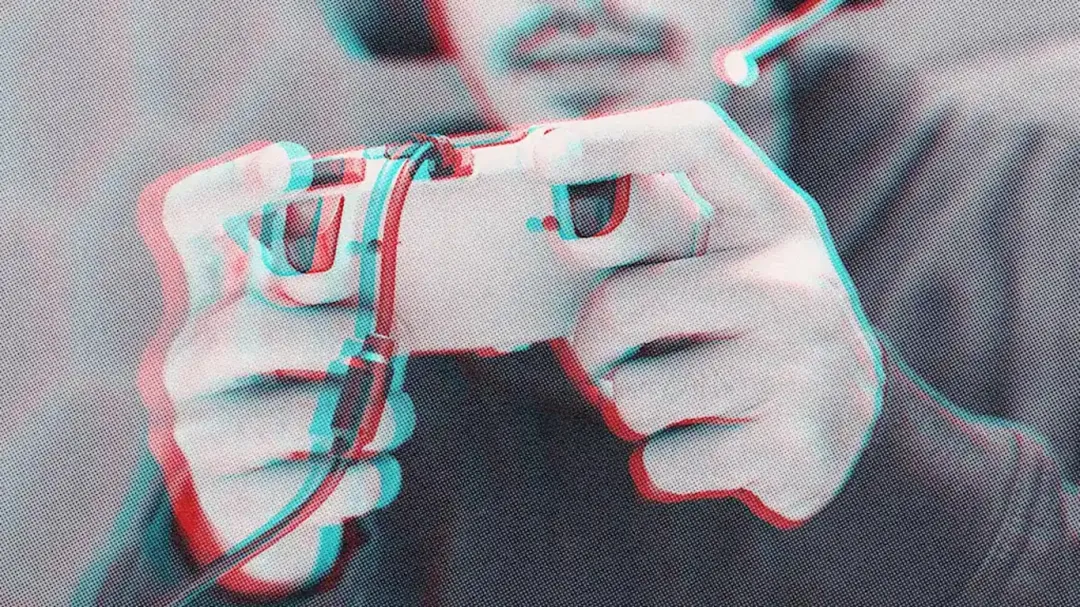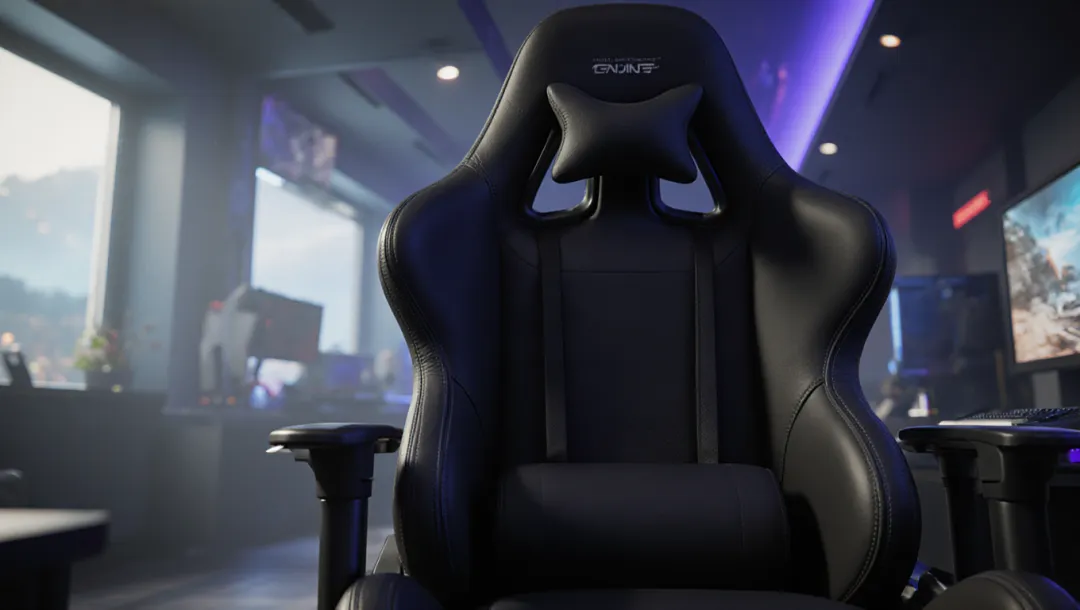AI Gaming Agents Revolutionize Robotics

In San Francisco, leading AI researchers have unveiled striking progress in the training of artificial intelligence agents within video game environments. These AI agents, originally developed for complex game scenarios, demonstrate an unprecedented ability to transfer acquired skills to entirely new and unstructured real-world robotic tasks. This breakthrough promises to revolutionize the field of robotics.
According to Dr. Laura Chen, a senior scientist at the Neural Robotics Institute, ‘The capacity for these AI agents to adapt their in-game learned behaviors to physical robots could drastically reduce development times and costs for autonomous machines.’ This innovation harnesses sophisticated machine learning algorithms that allow AI to generalize and apply knowledge beyond their initial training, a feat previously considered highly challenging.
This development comes amid a surge of interest in utilizing simulation-based training to overcome limitations faced by physical testing. Video game environments provide safe, scalable, and cost-effective platforms, enabling rapid experimentation with diverse scenarios. Consequently, robotic systems empowered by these AI agents are expected to perform complex operations—ranging from navigation to manipulation—with enhanced flexibility and robustness.
Experts suggest that this approach not only accelerates robotic capabilities but also expands the potential applications, from industrial automation to disaster response. The alignment of virtual training with tangible robot performance marks a pivotal step toward intelligent, adaptable machines seamlessly integrating into everyday life.






